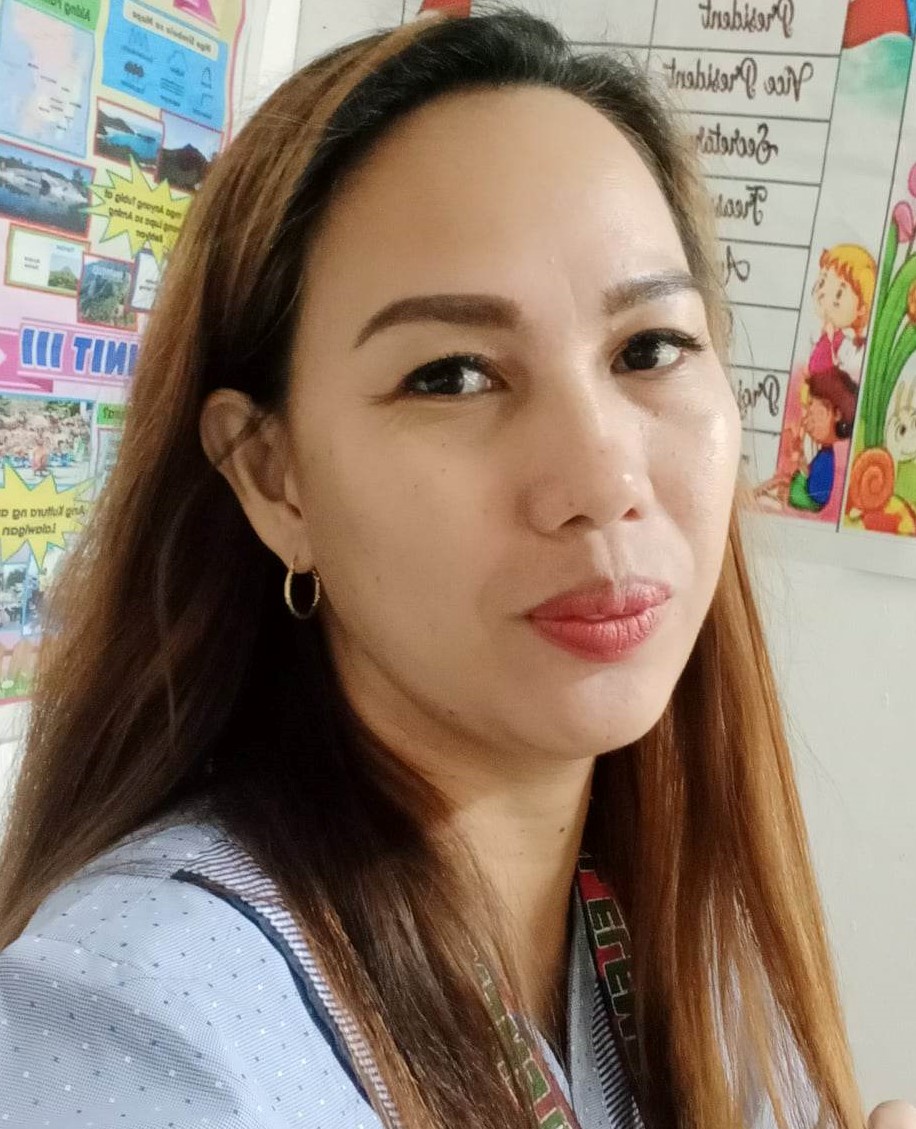By: Marylyn B. Francisco
The world is slowly returning to its former glory after more than two years of restrictions because of the pandemic. The streets are getting busy, the night shines again with city lights, and schools are also reopening. Almost everything you can see is trying to escape the shackles of the past, but what about those you cannot?
The onslaught has penetrated the minds and caused wounds you didn’t know were there.
COVID-19 compromised the health of billions of people and took millions of lives. It shut down businesses and broke economies. It sparked a series of unfortunate events, one leading to another, like a chain reaction too fast to extinguish. Ultimately, the repercussions came back to individual people as mental health issues. This last reaction would linger longer than the rest. According to UNICEF, the issue of internal dilemmas became more prevalent as people were secluded inside the same space with the same people for longer than tolerable. This caused grief, fear, uncertainty, and social isolation to rise, and the young people suffered the most. With increased screen time and parental fatigue, even the family became a weak stabilizing force for children’s mental health. Moreover, suicide attempts spiked to about 31 percent of the youth population in 2021, according to a National Youth Assembly Survey (2021, as cited by Parocha, 2022). With a stigma attached to the topic of mental health in the Philippines, it would be almost impossible to actively resolve the youth’s struggles.
On the other hand, now that the children are returning to the face-to-face mode of learning, the schools can have an active role in alleviating the harsh effects of these mental health issues while creating a conducive environment for them to open up and unload their mental burdens. An example of playing an active role would be integrating mental health wellness into the MAPEH curriculum, as recommended by the National Youth Commission’s Executive Director Leah Villalon (Parrocha, 2022). Awareness campaigns through seminars and training for other household members are also effective ways to discourage parents from having a passive approach to their children’s inner struggles. Parenting programs like the Educhild can be mediums to promote proper handling and appropriate insights when dealing with mental health issues. The counseling system should be intensified and made more accessible to a point when students do not only see counselors as castigators, but as people they can talk to. Partnerships and referrals with professionals in the psychiatric field should also be normalized.
As the world goes through the post-pandemic period, it continues to endure and recover. It strives to adapt and modify in pursuit of healing. COVID-19 caused wounds you didn’t know were there, wounds made to linger. Without healing them, they’d cause this generation further damage even after the pandemic has ended.
And to mend the unseen wounds, the first step should be to acknowledge that they exist and that it takes active efforts to remove them from existence.
They say COVID can leave a scar in the lungs for some time, no one said it can also leave one in the mind.
